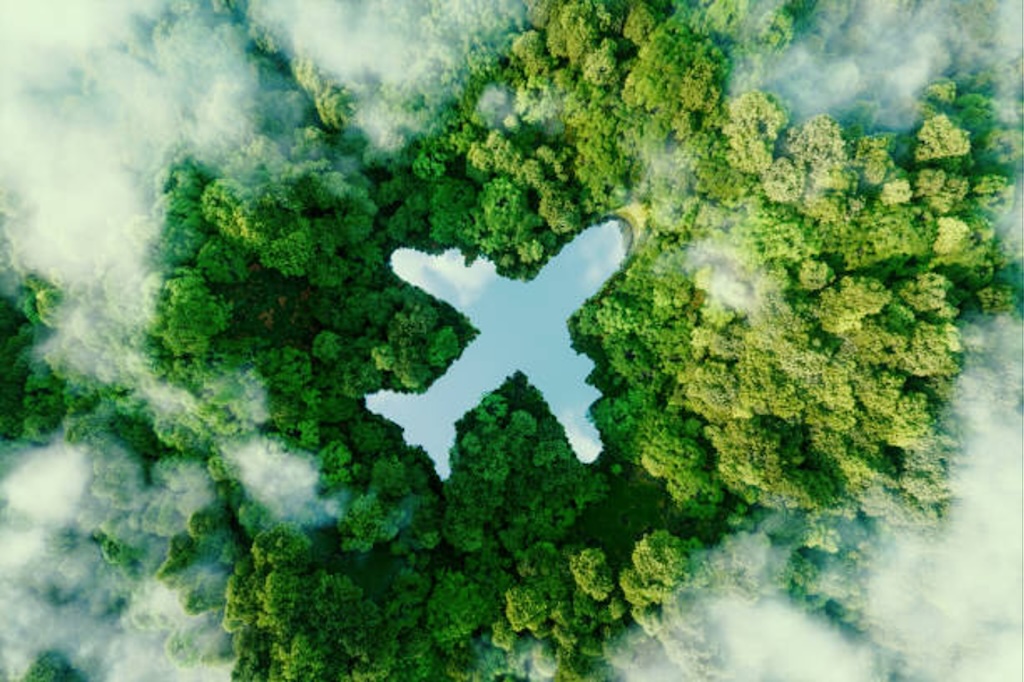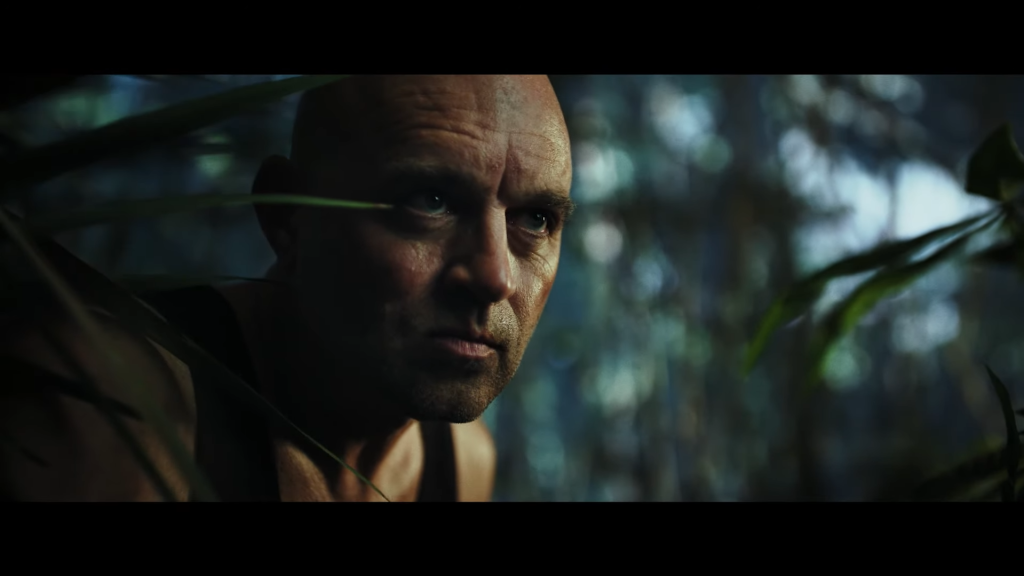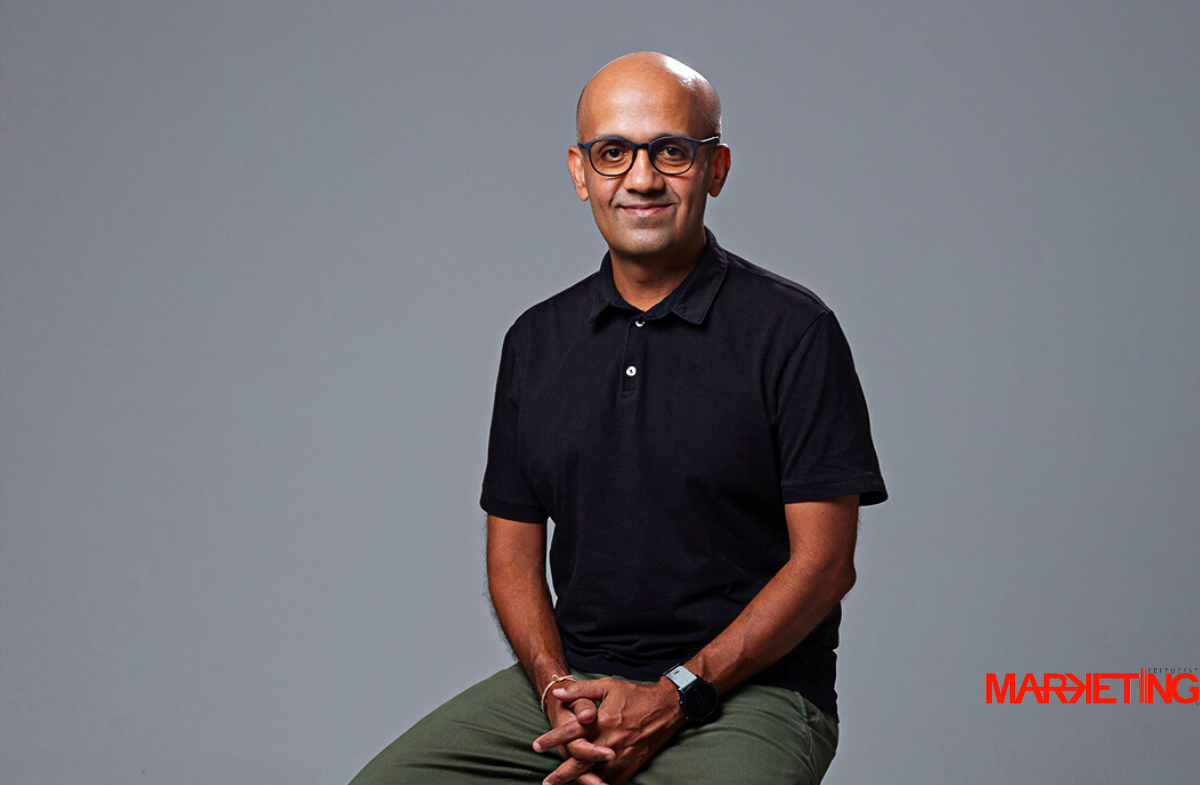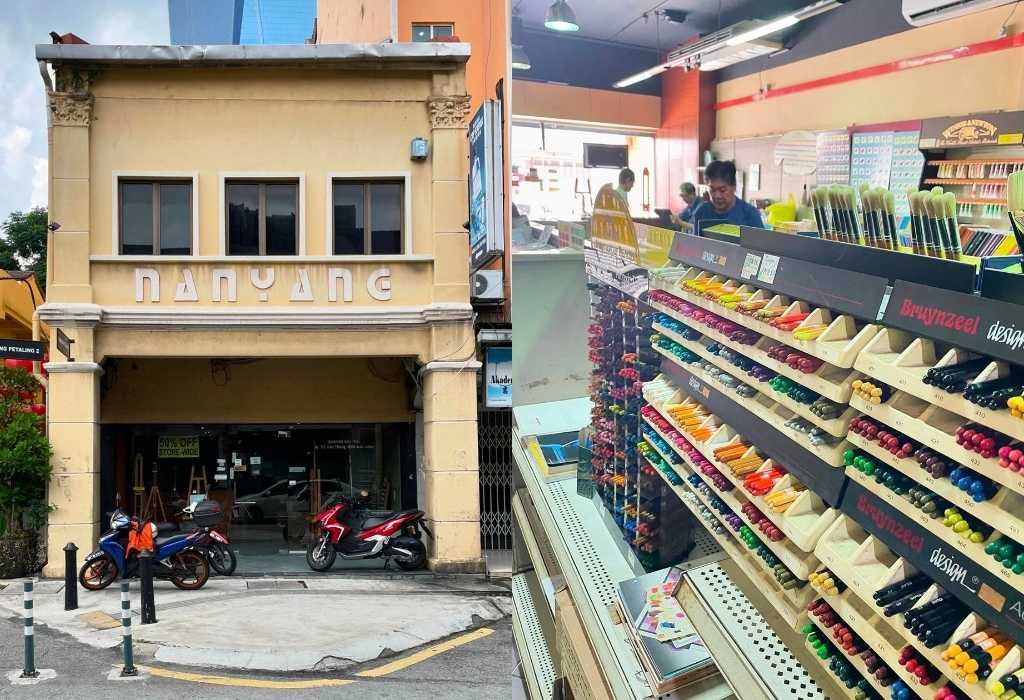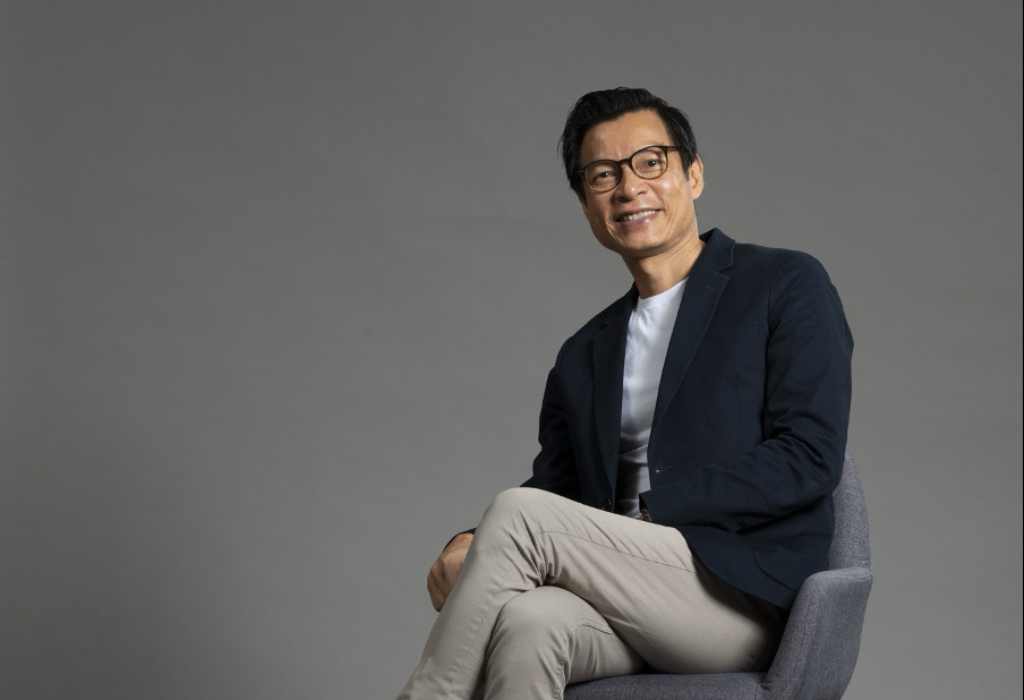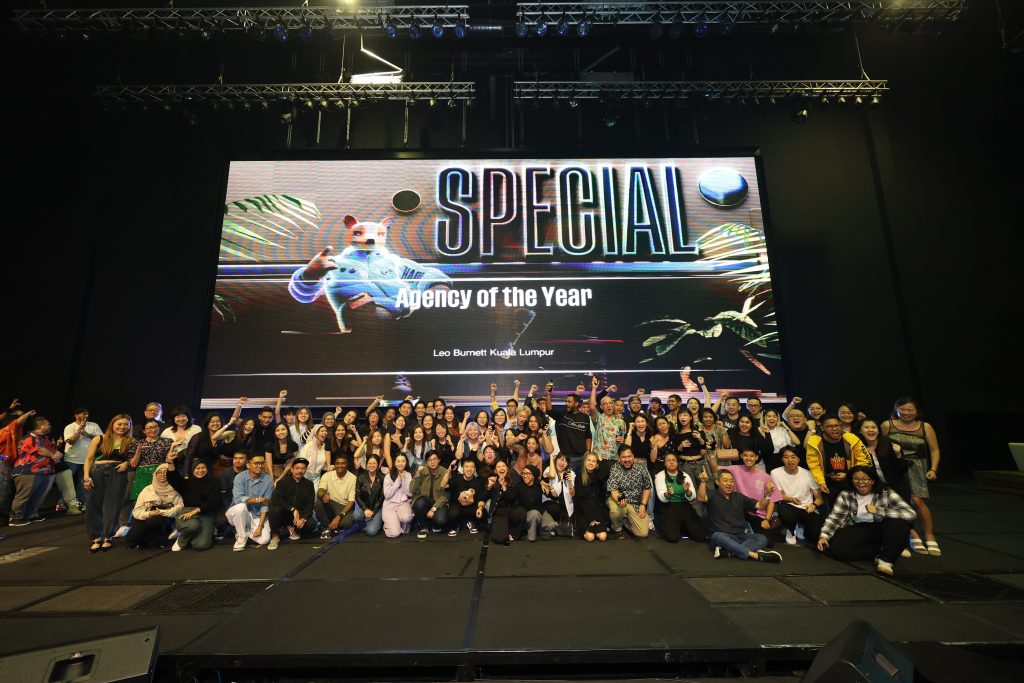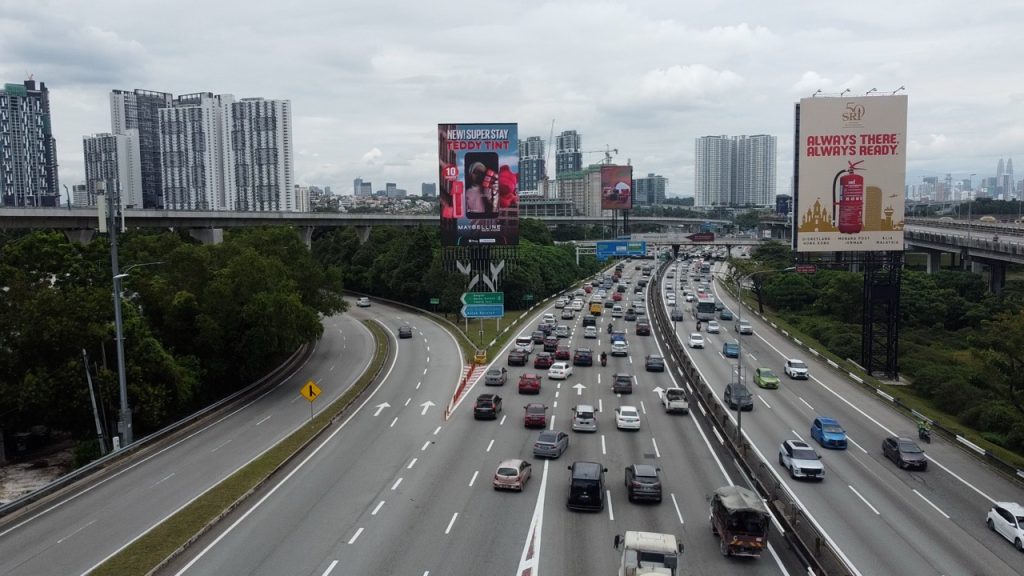Sustainability, ethical practice, and their potential to power positive regeneration took centre stage at Sustainable Brands Kuala Lumpur Conference 2021 (SB’21KL) on 23-24 March, as the world’s leading sustainability conference connected virtually for the first time.
The two-day conference offered a fascinating insight into the importance of sustainability in modern business practice, exploring social, environmental, and financial considerations surrounding this critical topic, with the theme ‘Regenerative Sustainability: Changing Mindsets’ guiding this year’s conference.
SB’21KL brought together some of the world’s leading brands and sustainability experts, spanning industries from entertainment, food and beverage, finance, retail, government, non-government organisations (NGOs) and social enterprises.
These thought leaders and industry experts explored topics that included changing consumer expectations about sustainable brand behaviour, ethical brand leadership, articulating brand purpose, and the critical need for sustainable recovery following COVID-19.

“The impact of COVID-19 was an important backdrop to this year’s conference,” said Sharmini Nagulan, Conference Convenor and Managing Director of Acacia Blue, country partner to Sustainable Brands in Malaysia. “It not only inspired our need to transform to a virtual conference for the very first time, it also framed the importance of the discussion around ‘Regenerative Sustainability’. Now is the time for brands to act, and recognise both the immense value of sustainable practice, but also the essential role it will play in building better business operations and a better world in the new normal to come.”
Acacia Blue works with companies across Malaysia to help improve the sustainability of their operations, aligning with Bursa Malaysia sustainability ambitions, and leveraging strategic global partnerships with Sustainable Brands Worldwide US and Future-Fit Foundation UK.
The first day of SB’21KL was heavily focused on the various aspects of regeneration, and the need to recognise the important role that global business will play in this journey. Dimitar Valhov, Expert Advisor from Sustainable Brands US, offered an excellent framing for this discussion, defining ‘regeneration’ as the chance to “improve the ability of systems to restore, renew and/or heal themselves more effectively”.
Keynote speaker Marc Buckley, Founder of Alohas Resilience Foundation and respected veteran of global sustainability campaigning, highlighted the complex interdependent and interconnected nature of this topic, and the ecological and social impacts of sustainable decision making.
Eminent speakers on day one also explored the role leaders will play in displaying the stewardship required to positively steer businesses.
This idea of interdependent regeneration and sustainability also featured heavily in panel discussions, with topics including ‘Restorative to Regenerative’ and ‘Circular Solutions for Regenerative Sustainability’.
The interconnected nature of sustainability is an acute concern in Malaysia, as one of the few countries on Earth defined as megadiverse by the United Nations.
The deep connectivity of the modern business ecosystem means decisions made by brands often have local impacts far beyond one market.
This critical consideration was highlighted by Dr. Henry Chan of WWF Malaysia, raising the challenges faced in protecting local Malayan Tigers in the face of habitat disruption and deforestation, and offering insight from WWF’s 10-year strategy to support government policies on sustainability and the environment.
SB’21KL also shone a spotlight on the business imperative to transform, and how sustainable practice is an increasingly important concern for conscientious consumers.
Acacia Blue shared the key findings of its Sustainability Consciousness Research, which included insight that Millennials will choose brands that stand for a purpose other than just profits, even paying more for these brands.
With the increasing purchasing power of this demographic, representing an adult consumer segment of over 1.8 billion globally, the business case for sustainable and ethical practice was a clear focus.
The commitment to reflect both social and environmental sustainability featured prominently on day two, with an eye-opening talk by Bonnie Nixon, International Partnership Consultant at Sustainable Brands, drawing attention to International Labour Organization statistics which show that more than 40 million people were victims of modern slavery in 2017 alone.
Bonnie argued brands had a responsibility to ensure due diligence, transparency, and traceability on such urgent issues, with workers’ rights another essential pillar of ethical and sustainable brand practice.
“It’s clear that sustainability is both multifaceted and intersectional. Brands need to empower themselves with the tools to not only improve sustainable practice, but the systems to measure and demonstrate those improvements to stakeholders and customers,” said Sharmini.
In order to support brands on this journey, day two also included a session with Sustainable Brands and Acacia Blue discussing the SB Brand Transformation Roadmap, providing a guide for brands seeking to improve sustainability and boost ethical business practice.
Day two was closed by Carlota Sanz Ruiz, Co-Founder of Doughnut Economics Action Lab – DEAL, with a resounding call for brands to recognise that humanity’s greatest challenge in the 21st century will be in meeting shared global needs, within the means of our planet. Sponsors of SBKL were Tenaga Nasional, Media Prima Omnia and Malaysian Advertisers Association.
MARKETING Magazine is not responsible for the content of external sites.


